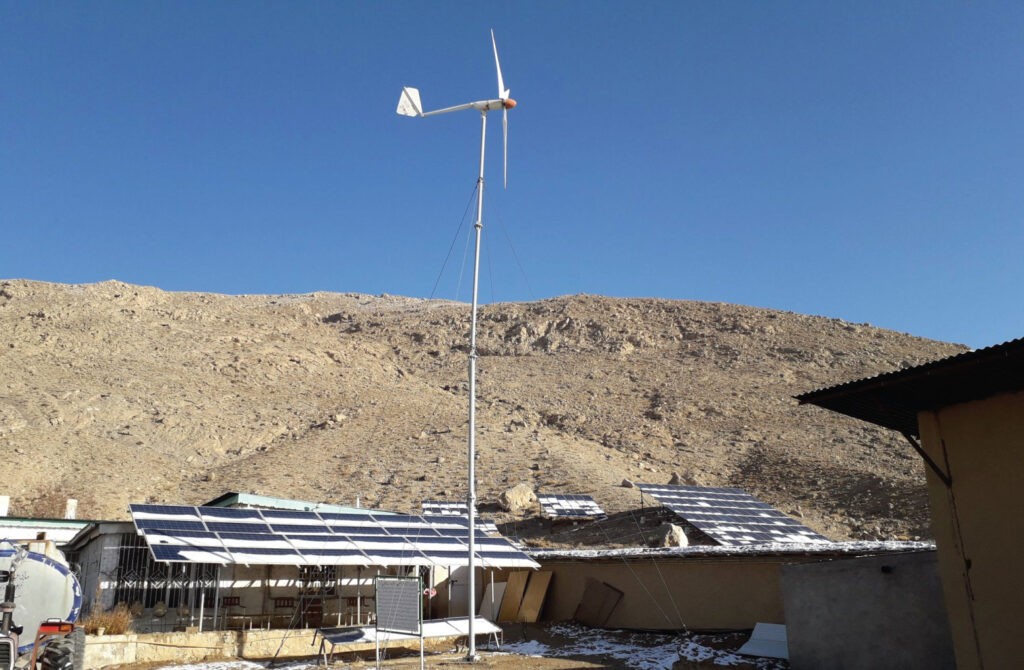As one travels from urban Quetta to the road leading to Hanna Urak, a serene oasis emerges amidst growing housing developments. Here, the University of Community Development stands, a unique, eco-conscious institution set in the picturesque Hanna Urak valley. Although it doesn’t grant degrees, this university, established in 2015 by the Institute of Development Studies and Practices (IDSPs), is akin to a technical institute, focusing on practical learning and skills development.
The university is entirely self-sufficient, harnessing natural resources like rainwater, solar energy, and wind for electricity, and producing biogas from renewable sources. It’s even ventured into small-scale farming, enabling students to grow crops for sustenance. The campus boasts pine trees and a variety of plants for temperature regulation and aesthetics.
Safdar Hussain, the co-director of the institute, despite having a computer science background, is deeply involved in eco-friendly practices and sustainable initiatives. The university’s classrooms have tin roofs connected to rainwater storage tanks, ensuring a year-round water supply. Solar panels and wind turbines provide electricity.
While embracing sustainability, the university also prioritizes the intellectual and creative growth of its students. With a staff of around 35 teachers and a balanced gender ratio, students like Muhammad Bilal, a filmmaking major, get to live their dreams. Bilal highlights the opportunity to both learn and teach simultaneously.
When asked about expanding climate-friendly initiatives to the provincial or national level, Safdar Hussain emphasizes that such projects can’t be developed within closed rooms. The university’s design and eco-friendly practices have been the result of extensive consultations and practical experience. They collaborate with students from all over the province on climate-related programs and other disciplines, leveraging indigenous knowledge to navigate challenges.
The university’s use of biogas for cooking in the kitchen piques curiosity, but further details couldn’t be explored due to time constraints. This institution serves as a practical, real-world education rather than an isolated academic bubble, making a positive impact on the ‘rough and tough’ area it calls home. As Safdar Hussain aptly puts it, “We may not award degrees to our students, but not a single one of our alumni is jobless.”
